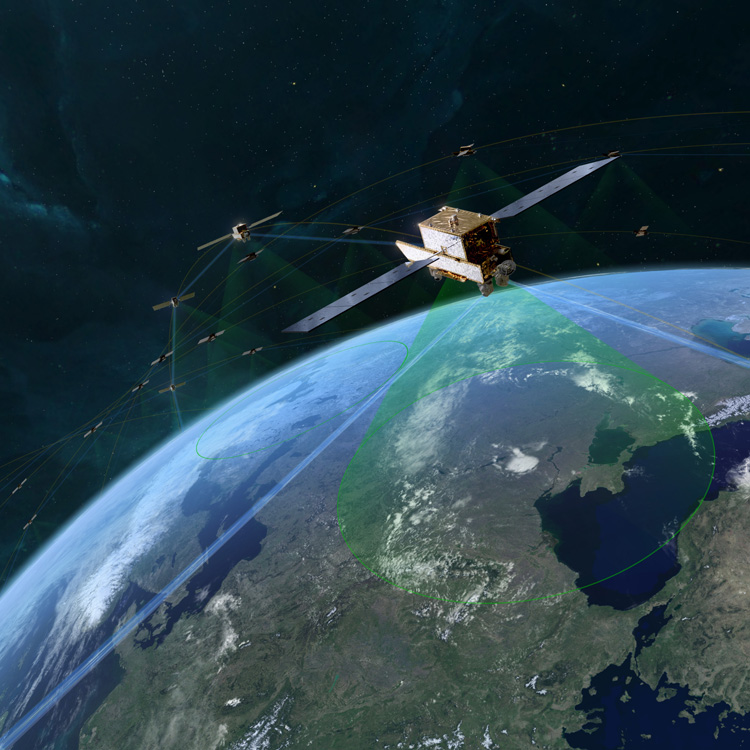
The Space Development Agency has awarded Northrop Grumman an agreement with a total potential value of approximately $732 million to design and build 38 data transport satellites.
These satellites will support Tranche 2 Transport Layer – Alpha (T2TL-Alpha), the latest iteration of SDA’s low-Earth orbit Proliferated Warfighter Space Architecture (PWSA).
This Alpha announcement follows an August 2023 award to Northrop Grumman of 36 satellites as part of Tranche 2 Transport Layer – Beta (T2TL-Beta); Alpha and Beta satellites are designed to interoperate on orbit.
This contract includes supporting ground elements and five years of operations and sustainment with the satellites scheduled to launch starting December 2026.
Northrop Grumman was also awarded a contract for Tranche 1 Transport Layer 1 (T1TL), which similarly provide low latency, high volume data transport supporting U.S. military missions around the world.
Northrop Grumman’s approach to the PWSA contracts is to combine our satellite technology and mission experience with strategic commercial partnerships to move at the pace the environment demands.
“Northrop Grumman, in partnership with our industry teammates, is fully committed to the Space Development Agency’s vision of fielding a next-generation, low-Earth orbit architecture connecting and protecting our warfighters wherever they serve,” said Blake Bullock, vice president, communication systems, Northrop Grumman. “Our Northrop Grumman team is bringing our deep Military SATCOM experience to this mission, and we’re executing on our commitments.”
Northrop Grumman provides both space vehicles and ground systems for the SDA’s PWSA, a next-generation constellation in low-Earth orbit. PWSA has two major lines of effort:
- The Transport Layer: Designed to provide low-latency, high volume data connectivity supporting U.S. military missions around the world.
- The Tracking Layer: Designed to detect, track and ultimately target hypersonic and ballistic missiles.
- Both layers are designed to interoperate in space using a common data standard allowing satellites made by various manufacturers to communicate seamlessly with one another. Taken together, these satellites are designed to connect elements of an integrated sensing architecture, and the network they create will deliver persistent, secure connectivity, serving as a critical element for Joint All Domain Command Control.
- To date, SDA has announced awards to Northrop Grumman of 132 satellites.











